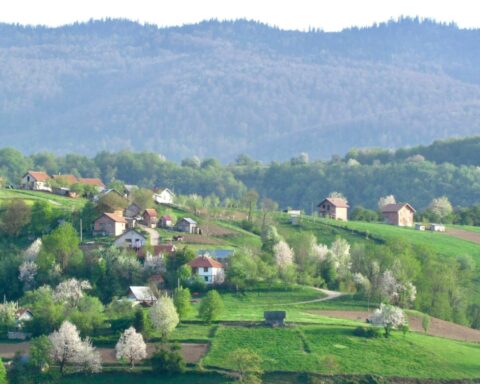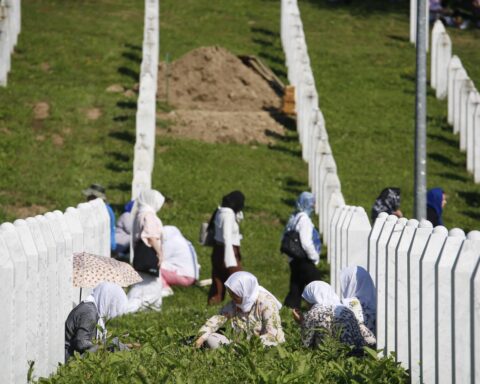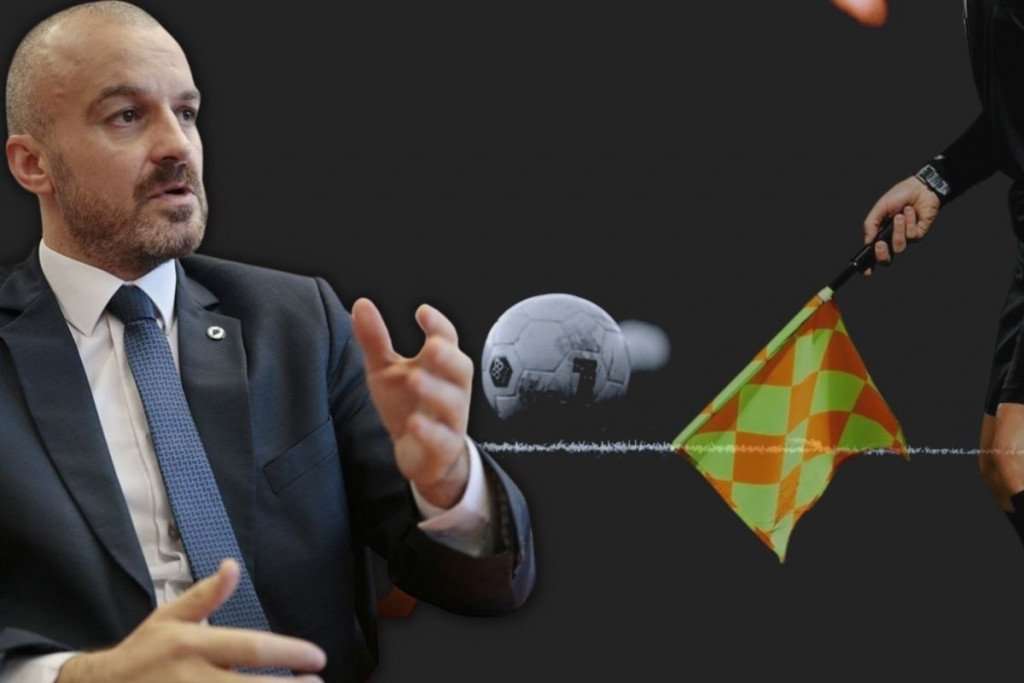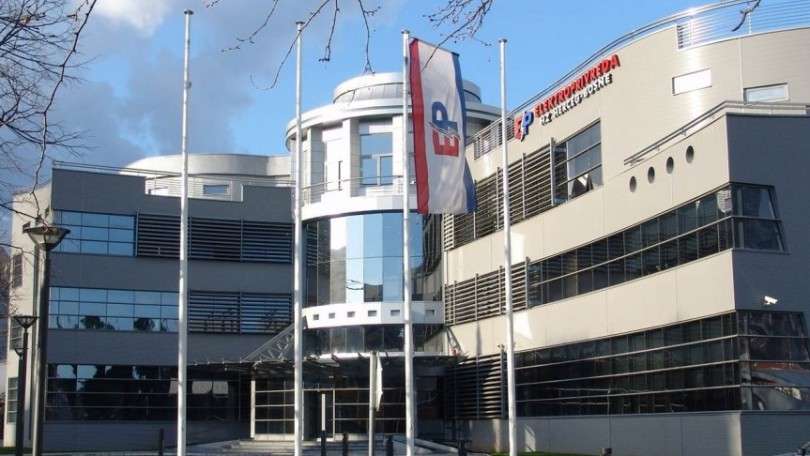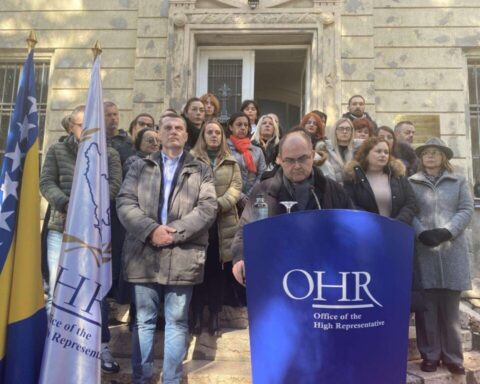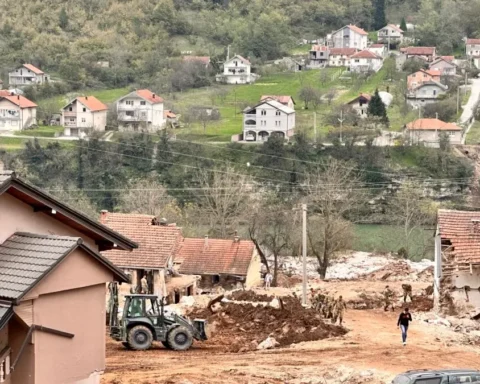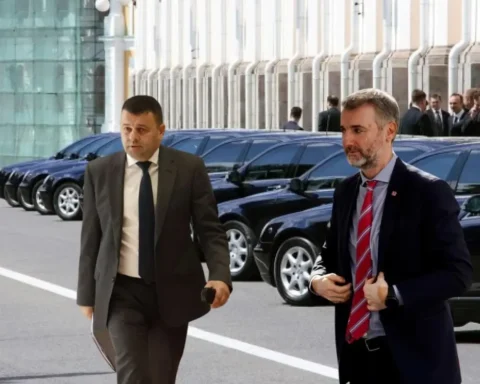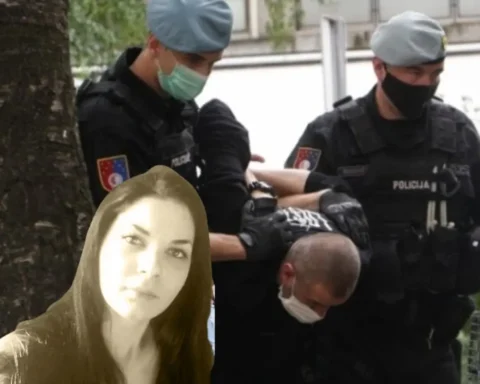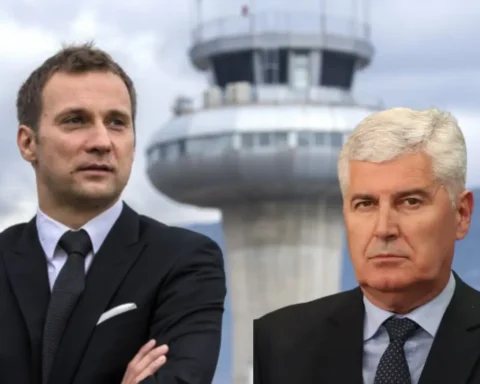What is it that people say? The death of one man is a tragedy, and the death of a large number of people is a statistic.
For a long time, some tragic fate did not upset me as much as that of Zaki Anwari, a young representative of the national football team of Afghanistan. Soccer, if you will. I have been following this game for fifty years. Relatively often I am invited to say or write something about it. This time I would rather be silent. Because a boy who dreamed of becoming a star, like Messi or Christian Ronaldo, and because of him, that they will write and talk about his homeland in a different way – when he learned that the Taliban were approaching Kabul – he decided to run away. Anywhere.
Dignity and “Higher Interests”
At the airport in Kabul, he was greeted by the chaos of war, the feeling of despair in which armed soldiers decide who will keep their lives and who not, and those seconds in which the whole life takes place before their eyes, and in which a man is ready to do the most extreme actions. Zaki Anwari jumped over the fence and tried to grab the plane at all costs. Sporty and agile as he was, he managed to climb, but only briefly. The plane took off and several people, along with Zaki, fell off it. The outcome was tragic. It was announced that after the landing of the American transport plane, they found parts of human bodies in the fuselage. It is yet to be determined, or never, whether the DNA particles of “number ten” from the Afghan national team were found among the remains. For all of us, Zaki stayed forever on the runway of Kabul airport.
Regardless of choosing a way to show the world his culture and worldview, that World will never see his mastery. He will not be the first Afghan to play in the Premiership, nor a possible new star from the Middle East who would shine like the Iranian Ali Dei in Bayern or Berlin’s Hertha. He will never reach a contract in Rostov or Qarabag. Not even to disappoint all expectations, and at least to play in the Macedonian derby between Shkendija and Pandev Academy.
No, Zaki Anwari will remain just a fallen angel, one of millions betrayed by the so-called International Community. In this case, the Biden administration.
The continuation of this text, as well as the whole spirit of this project you are reading, will not be a list of facts to convince readers of the correctness of certain views: Janine Wissler, co-head of the German left, mentioned the shameful attitude of Germans towards local staff: 65,000 litres of beer was transferred earlier – which the German army did not drink – and people who worked for the Bundeswehr and other German institutions, women’s and human rights activists were left stranded – said the German politician and, in fact, confirmed what was known.
For who knows how many times in history, the line of human dignity has been erased. It became a subordinate to “higher interests”.
“Kill them all! God will know his own.” This was said about 800 years ago, on the day of probably the first official genocide on European soil, in Béziers. In a war for “true faith”. It feels like an echo in our heads when we watch footage from Afghanistan. There, no matter how the thing ended, and it will not end well. On the stage is the end of an epoch: a policy that responded to war with war, that added even more weapons, and responded to fire – with fire.
It’s over now. One of the poorest countries in the world, the “tomb of empires”, will be left to itself, it will have to deal with its misery, and we will not hear any good news from it for a long time.
This is, unfortunately, the case: when, for example, it is “estimated” that the Dutch battalion has nothing more to look for in Srebrenica, or that international forces have exhausted their engagement in Mazara Sharif, the area is left, and what happens after that becomes a stain on the conscience of mankind. At least, until some new tragedy happens.
But, in moments like this, it is impossible not to be at least a little selfish and imagine: with all the differences, geographical and mental, considering all factors, from historical, to geographical – what would happen if the famous international community decided to withdraw permanently from Bosnia and Herzegovina? And leave us – as we are – to ourselves? What would happen? Would there be pictures reminiscent of those from Kabul airport? Or in the Gaza Strip? Who would be in power here? The same ones who carry it out today? So, what’s the difference then? Why did the military intervention succeed in BiH, and not in Afghanistan? Or, why is it easier to deal with four than with forty million people? Too many questions. And so, few answers.
Perhaps then that the world would not see Edin Džeko, who was a nine-year-old boy at the time of the NATO intervention. And, thank heavens, he couldn’t, and didn’t have to run, like Zaki Anwari who ran to grab the plane.
Don’t Leave Us
The point, then, is not in “imposing values”, but in choosing in a timely manner when and what to support. The idea of a civic Bosnia and Herzegovina at this point seems the weakest in the last thirty years, but it seems that it would have been even worse if it had not been for at least the observant, physical presence of the international community.
So, no matter what, don’t leave us. Peoples whose leaders invent cheap coats of arms for birthdays in the seventh decade of life, or at overpriced feasts of wed and marry their children, and send the children of their compatriots to the West to live their lives there – are not able to grow up and have a state. In particular it is not the one that constantly proclaims his state, and in fact steals and plunder what is left of the past.
And that is why the issue of engagement in such environments is not political.
It is existential. If anyone even has time to think about it.



